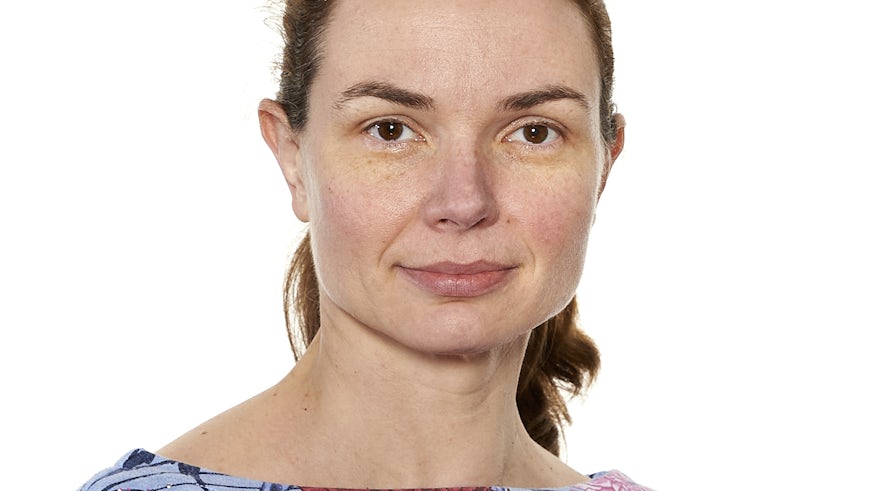ISSF award funds search for new Schizophrenia medication
2 September 2019

More than 23 million people are affected by schizophrenia, with people living with the condition being three times more likely to die early. New funding from the Wellcome Trust is supporting cutting-edge research that will improve therapies.
Scientists at Cardiff University have been awarded the Institutional Strategic Support Fund by the Wellcome Trust to help find new and more effective approaches for treating schizophrenia.
Schizophrenia is mental health condition associated with hallucinations, delusions, as well as cognitive impairments and negative symptoms, such as social withdrawal and apathy.
Current medicines for schizophrenia aren’t treating the cognitive or negative symptoms of the condition, highlighting an urgent need for new therapies.
Dr Olivera Grubisha, Cardiff University’s Medicines Discovery Institute, said: “The needs of people living with schizophrenia are currently unmet, and it is vital that we improve therapeutic options for this mental health condition.
“For a long time, scientists have known that altered function of proteins called NMDA receptors in the brain is linked to schizophrenia. Therefore, this is our focus for making new and improved drugs.
We want to target a protein called serine racemase, which regulates NMDA receptors by producing the brain chemical D-serine.
We believe that by activating serine racemase, we can increase the production of D-serine, which will improve the activity and function of NMDA receptors in the brain, providing an effective medicine to treat cognitive impairment and negative symptoms in schizophrenia patients.”
The Institutional Strategic Support Fund from the Wellcome Trust has awarded the Medicines Discovery Institute at Cardiff University £20,000 to support this project.
“This funding will help us to find new medicines that target serine racemase activity, and this research will hopefully form the basis for future schizophrenia drug development,” added Dr Olivera Grubisha.